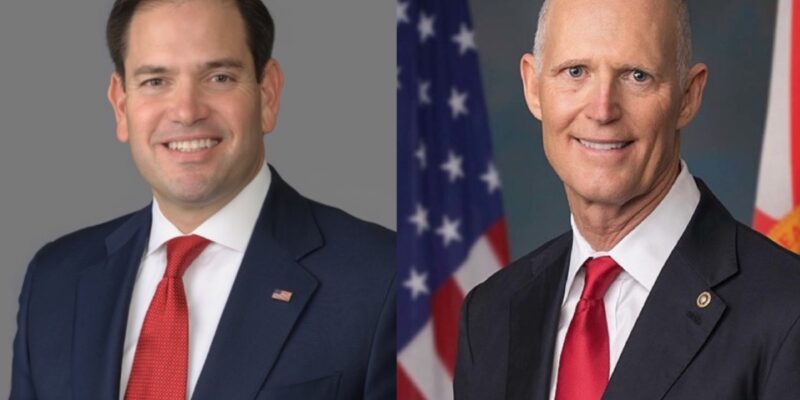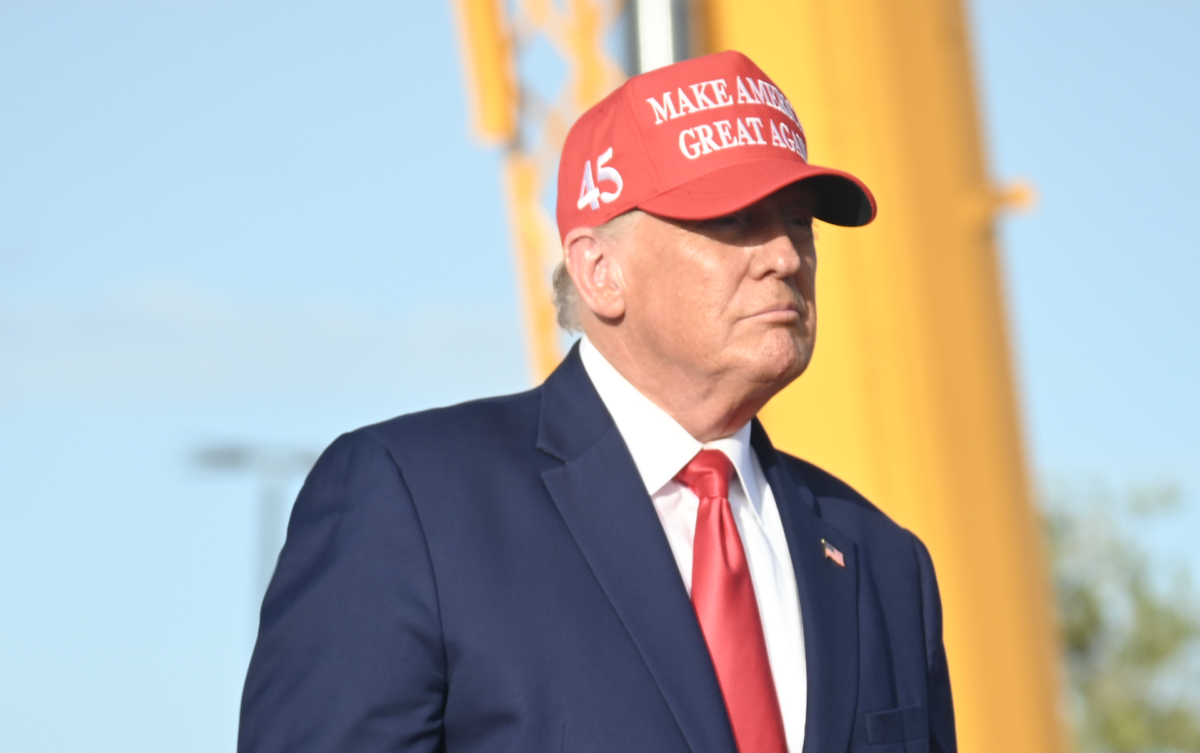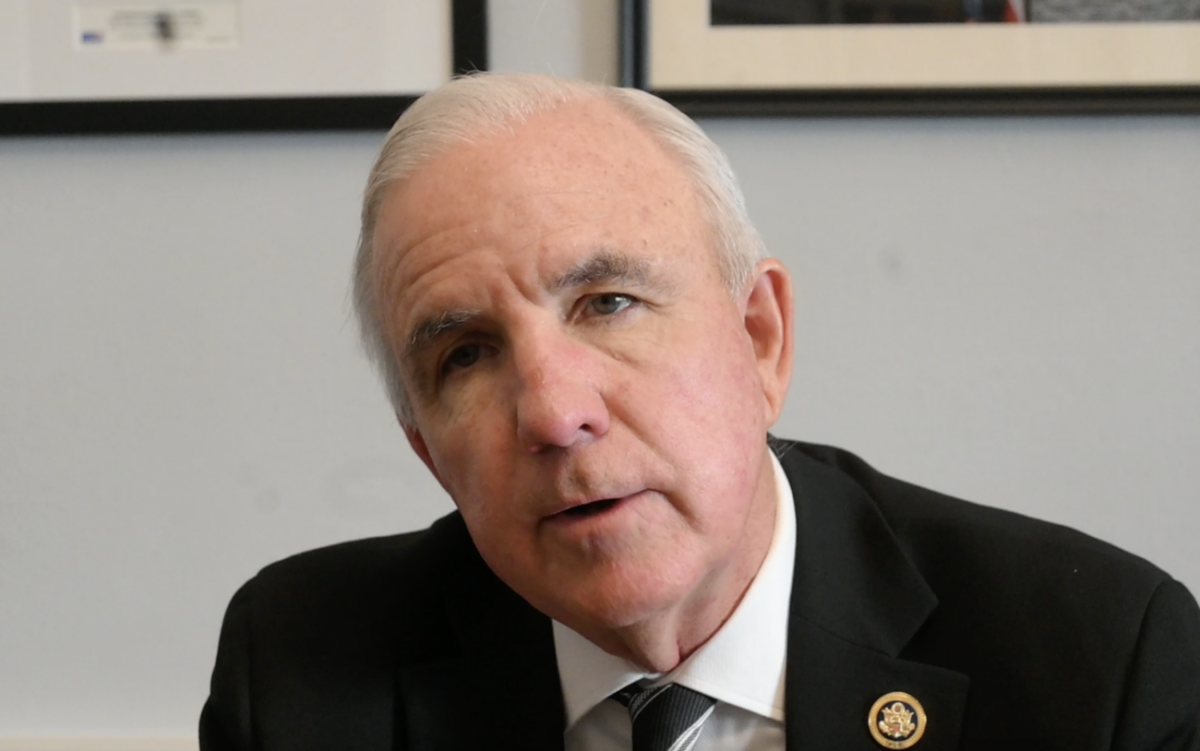Senator Marco Rubio (R-FL) and some of his colleagues are pushing for the passage of the American Investment Accountability Act.
The act would direct the US Secretaries of Commerce and Treasury, as well as the Securities and Exchange Commission (SEC), to publish a report on American capital flows to China once every 90 days.
According to Rubio’s team, motivation for the act comes from the US government having incomplete data on how many American dollars are regularly poured into China.
“Our current investment reporting policies have critical information gaps,” said Senator Rubio via a press release.
Investments into countries such as Russia, Iran, North Korea, Cuba, and Venezuela would also have to be reported.
Currently, some American investments are made through offshore financial centers to disguise the final destination of the capital. If passed, Rubio’s bill would incite investigations into the amounts and frequency of investments into China and other foreign adversaries through these offshore financial centers.
Senator Rick Scott (R-Fl) co-introduced the bill and explained the need for understanding the degree to which China influences American markets.
“We know that CCP-controlled companies with access to our markets are funneling massive amounts of capital, data and information back to Communist China,” said Scott.
Scott claimed the bill grants the US the needed transparency to "understand the true influence of Communist China in our markets.”
US Representative Elise Stefanik (R-NY) introduced identical legislation in the House of Representatives.
If the bill is signed into law, reports would have to be generated no later than one year after the law is enacted.
Rubio and Scott have both led a Senate campaign to decrease economic dependency on China. Last month, Rubio communicated with President Joe Biden to recommend the US seek alternate trade partners regarding critical minerals.
Scott has derided China’s Dictator Xi Jingping numerous times, criticizing him for his alleged human rights abuses and undemocratic practices.











